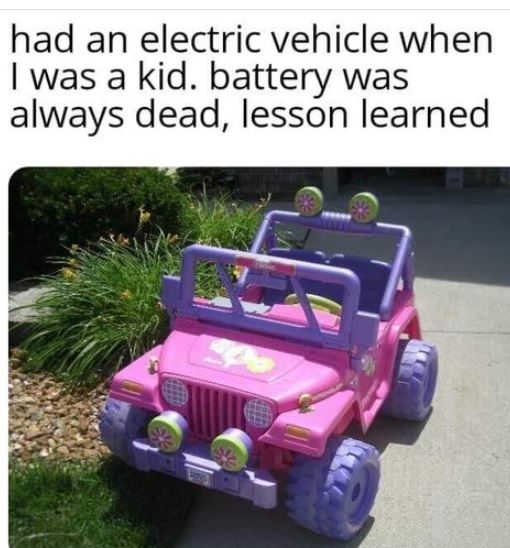Percolater
Marksman
- Aug 21, 2012
- 176
- 43
So...how do we feel about this?

Activists storm Tesla gigafactory in protest over expansion plans
Staff told to work from home after hundreds of Left-wing protesters break through police lineswww.telegraph.co.uk
VW and BMW do not want a USA company to obtrude their monopoly…
I think you’ll find these “radicals” are sponsored. Not hard to imagine who might be upset at Tesla for having a footprint in their backyard.






 Or 60s, in my case. Works the same.
Or 60s, in my case. Works the same.
 !
!



